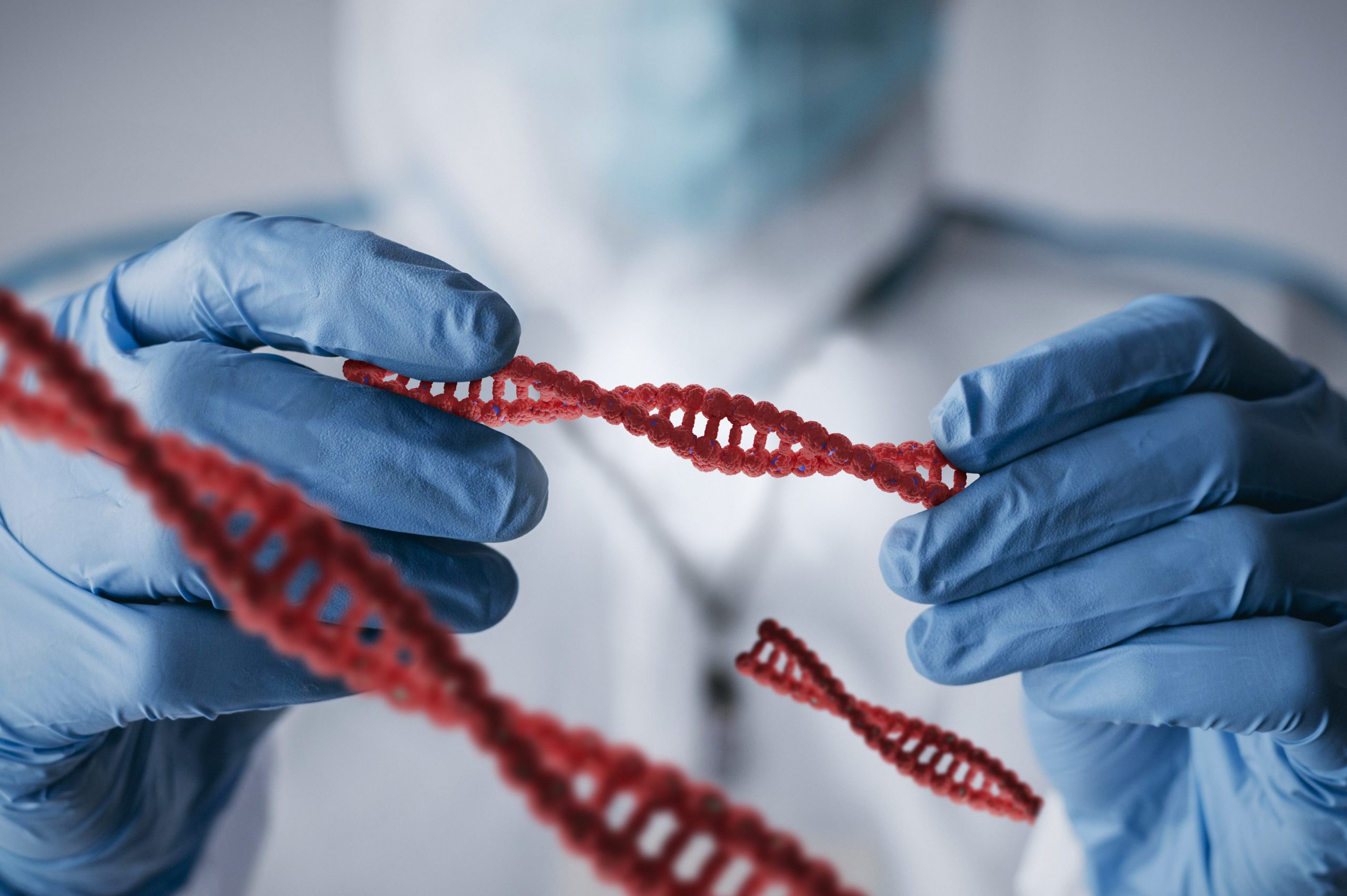

Engineers at the University of Pennsylvania have altered white blood cells to remove solid tumors by blocking the genetic mechanism that prohibits macrophages from attacking our own cells.
Cancer is still one of the major causes of death in the United States, accounting for over 600,000 fatalities each year. Cancers that form solid tumors, such as those in the breast, brain, or skin, are very difficult to cure. For individuals with solid tumors, surgery is usually the first line of defense. However, surgery may not completely remove all malignant cells, and any remaining cells can mutate and spread throughout the body. A more tailored and comprehensive approach to cancer treatment could replace the crude method of surgery with one that destroys cancer from within using our own cells.
In their paper published in Nature Biomedical Engineering, Dennis Discher, Robert D. Bent Professor of Chemical and Biomolecular Engineering, and postdoctoral fellow Larry Dooling present a new strategy in targeted therapy for solid tumors. Their treatment not only kills malignant cells, but also teaches the immune system to recognize and eradicate them in the future.
“Due to a solid tumor’s physical properties, it is challenging to design molecules that can enter these masses,” says Discher. “Instead of creating a new molecule to do the job, we propose using cells that ‘eat’ invaders—macrophages.”
Macrophages, a type of white blood cell, absorb and destroy invading organisms such as bacteria, viruses, and even implants in order to eliminate them from the body. The innate immune response of a macrophage instructs our bodies to remember and kill invading cells in the future. This acquired immunity is critical for developing a cancer vaccine.
A macrophage, however, cannot fight something it cannot perceive.
“Macrophages recognize cancer cells as part of the body, not invaders,” says Dooling. “To allow these white blood cells to see and attack cancer cells, we had to investigate the molecular pathway that controls cell-to-cell communication. Turning off this pathway—a checkpoint interaction between a protein called SIRPa on the macrophage and the CD47 protein found on all ‘self’ cells—was the key to creating this therapy.”
The modified macrophages were tested on “tumoroids,” which are aggregates of mouse melanoma cells grown in culture plates. The macrophages worked together to cluster around the cancer cells, pick them apart, and gradually eliminate the tumor.
The modified cells were able to clear tumors in 80% of mice when tested in vivo. Importantly, tumor removal elicited an adaptive immune response. After a few weeks, the anti-cancer immunoglobulin G antibody level increased.
This modified macrophage therapy is most effective when combined with existing antibody therapy. Patients may one day be able to rely on these modified cells to eradicate solid tumors and the need for subsequent therapies.
Macrophage treatment could be the key to developing a cancer vaccine, eliminating cancer cells while also training the body how to attack budding cancer cells in the future—a game changer in the fight against cancer.
Several members of Dennis Discher’s biophysical engineering lab, including co-lead author and postdoctoral researcher Jason Andrechak and Ph.D. student Brandon Hayes, contributed to this study.
more recommended stories
 Sickle Cell Gene Therapy Access Expands Globally
Sickle Cell Gene Therapy Access Expands GloballyKey Summary Caring Cross and Boston.
 Reducing Alcohol Consumption Could Lower Cancer Deaths
Reducing Alcohol Consumption Could Lower Cancer DeathsKey Takeaways (At a Glance) Long-term.
 NeuroBridge AI Tool for Autism Communication Training
NeuroBridge AI Tool for Autism Communication TrainingKey Takeaways Tufts researchers developed NeuroBridge,.
 Population Genomic Screening for Early Disease Risk
Population Genomic Screening for Early Disease RiskKey Takeaways at a Glance Population.
 Type 2 Diabetes Risk Identified by Blood Metabolites
Type 2 Diabetes Risk Identified by Blood MetabolitesKey Takeaways (Quick Summary) Researchers identified.
 Microglia Neuroinflammation in Binge Drinking
Microglia Neuroinflammation in Binge DrinkingKey Takeaways (Quick Summary for HCPs).
 Precision Oncology with Personalized Cancer Drug Therapy
Precision Oncology with Personalized Cancer Drug TherapyKey Takeaways UC San Diego’s I-PREDICT.
 Iron Deficiency vs Iron Overload in Parkinson’s Disease
Iron Deficiency vs Iron Overload in Parkinson’s DiseaseKey Takeaways (Quick Summary for HCPs).
 Can Ketogenic Diets Help PCOS? Meta-Analysis Insights
Can Ketogenic Diets Help PCOS? Meta-Analysis InsightsKey Takeaways (Quick Summary) A Clinical.
 Silica Nanomatrix Boosts Dendritic Cell Cancer Therapy
Silica Nanomatrix Boosts Dendritic Cell Cancer TherapyKey Points Summary Researchers developed a.

Leave a Comment